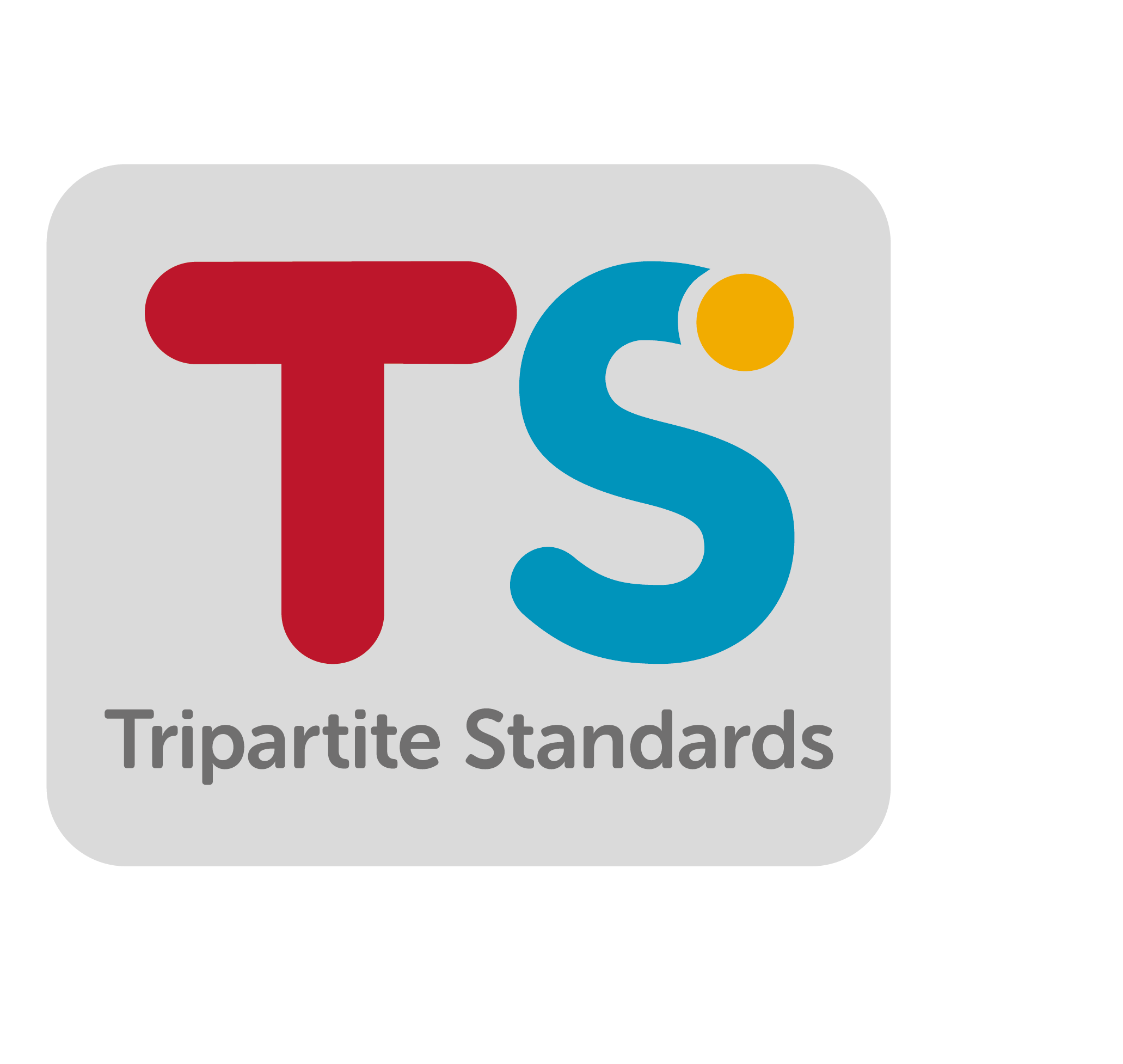Negotiating salary and benefits can be one of the most critical yet challenging aspects of the job offer process. It’s an opportunity to ensure that your compensation aligns with your skills, experience, and the value you bring to the table. However, navigating this conversation requires preparation, confidence, and strategic approaches. Here are essential strategies to help you navigate and succeed in negotiating your salary and benefits effectively.
Interview Tips
1. Research and Preparation
Know Your Worth: Conduct thorough research to understand the market rate for your position, considering factors such as industry standards, location, experience, and additional qualifications. Websites like Glassdoor, Payscale, and industry reports can provide valuable insights.
Consider the Whole Package: Beyond salary, consider other benefits such as health insurance, retirement plans, bonuses, flexible work arrangements, professional development opportunities, and vacation time. Evaluate the overall compensation package.
recruitment agency
2. Timing and Approach
Wait for the Right Moment: Avoid discussing compensation too early in the interview process. Wait until you have a clear understanding of the job requirements and the employer is genuinely interested in hiring you.
Initiate the Discussion: If the employer doesn’t bring up compensation, it’s acceptable to politely raise the topic once the job offer is extended or during a designated negotiation phase.
recruitment agency singapore
3. Communicating Your Value
Highlight Your Contributions: Emphasize the value you bring to the organization, linking your skills and experiences to the company’s goals and objectives. Use specific examples of your achievements to demonstrate your impact.
Be Confident and Assertive: Approach the negotiation with confidence. Be assertive yet polite, maintaining a professional tone throughout the discussion.
recruitment agency singapore
4. Collaborative Negotiation
Focus on Win-Win: Approach the negotiation as a collaborative discussion rather than a confrontation. Emphasize how both parties can benefit from a mutually agreeable compensation package.
Present Multiple Options: Instead of fixating solely on salary, consider proposing alternatives such as performance-based bonuses, additional vacation days, or professional development opportunities.
recruitment agency singapore
5. Be Flexible and Open-Minded
Prioritize Non-Salary Benefits: If the employer is unable to meet your desired salary, consider negotiating for other valuable benefits or perks that can enhance your work-life balance or professional growth.
Have a Bottom Line: While being open to negotiation, have a clear understanding of your minimum acceptable salary and benefits. Be prepared to walk away if the offer doesn’t meet your needs.
recruitment agency singapore
6. Practice Effective Communication
Active Listening: Listen carefully to the employer’s perspectives and concerns. Acknowledge their points and respond thoughtfully.
Clear and Concise Communication: Articulate your points clearly and concisely. Avoid ambiguity and maintain a professional demeanor throughout the conversation.
recruitment agency singapore
7. Follow-Up and Confirmation
Document the Agreement: Once an agreement is reached, ensure that all negotiated terms and conditions are documented in writing, typically within the formal offer letter or employment contract.
Express Gratitude: Regardless of the outcome, express gratitude for the opportunity and the employer’s willingness to discuss compensation.
recruitment agency singapore
Conclusion
Negotiating salary and benefits requires careful preparation, effective communication, and a collaborative mindset. By researching market rates, communicating your value, and approaching the discussion with confidence and flexibility, you can navigate these conversations successfully. Remember, negotiation is a two-way dialogue aimed at achieving a mutually beneficial outcome. With the right strategies and preparation, you can secure a compensation package that reflects your worth and contributes to a satisfying and rewarding career journey.












